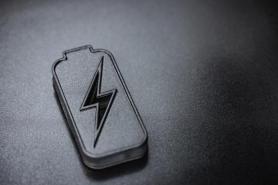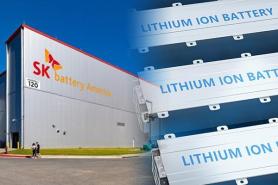
[Courtesy of LS Electric]
An energy storage system (ESS) is basically a modular facility that contains large-capacity battery packs and electrical components. ESSs are commonly used for storing electricity generated by renewable energy sources such as solar power plants, wind farms, and micro hydropower plants before power is redistributed to a nearby power grid. Sometimes, ESS can be used as an emergency power backup system in remote areas where power is cut frequently.
According to data released by the British government in 2020, about 41 percent of electricity is generated by renewable energy sources and 24.6 percent is created by wind generation including offshore wind farms. The country targets to have all electricity come from renewable sources by 2050 as part of its movement to go completely carbon neutral until 2050.
LS Electric said that the company started the construction for a 114-megawatt-hours-class battery system and a 50-megawatt-class power conversion system for an ESS at Botley some 105 kilometers (65 miles) southwest of London. The ESS will store power generated in the Botley area and redistribute electricity to the National Grid, a high-voltage electric power transmission network operated by Britain.
The South Korean power solution company said LS Electric will be in charge of the construction and management of the $92.4 million ESS project. "We will do our best to get a meaningful result by successfully carrying out a foreign ESS project," LS Electric President Kim Jong-woo said in a statement on June 11.
Copyright ⓒ Aju Press All rights reserved.



![[K-Tech] S. Korea selects 8 ESS sites totaling 563MW to support renewable energy expansion](https://image.ajunews.com/content/image/2025/08/01/20250801135916920591_278_163.jpg)
